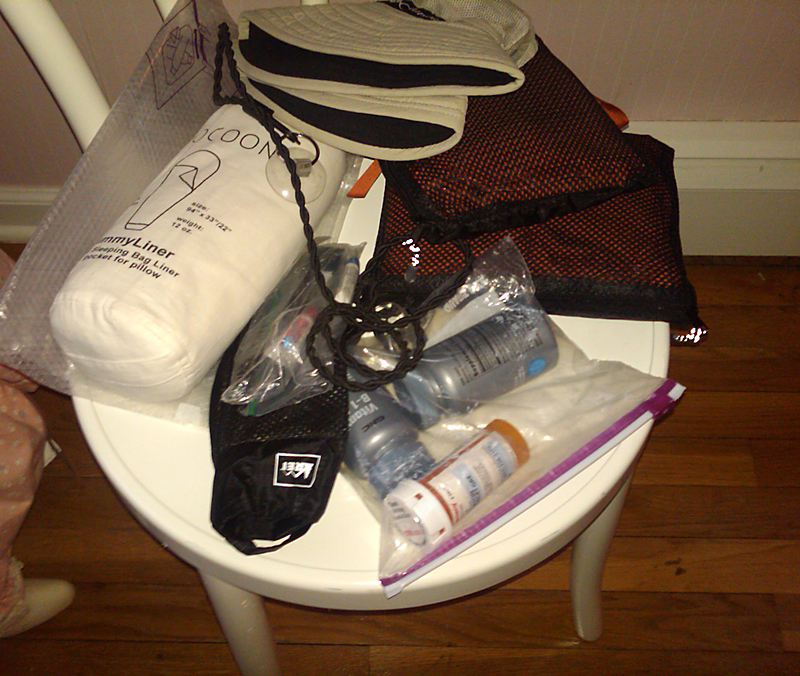I walked into my daughter Erin’s room this morning and my eye caught sight of a chair in the corner of the room left as it was 6 months ago, when we returned from our global adventure. Piled high on the chair were the remnants of that trip, empty malaria pill and vitamin B-1 containers, a mummy sleeping sack, a travel towel, clothesline and sun hat.  The image of those items is lingering in my head and in a way is symbolic of the end of the first chapter of this documentary.
The image of those items is lingering in my head and in a way is symbolic of the end of the first chapter of this documentary.
I have just returned from Michigan where I rendezvoused with Erin to film our North American subjects. I say subjects because there are two. Two women, Maureen Taylor and Marian Kramer, who are speaking up for the disadvantaged of Detroit who have nowhere else to turn. Maureen and Marian have been fighting for people who can’t fight for themselves for over 25 years.
Maureen, Marian and others work for Michigan Welfare Rights Organization as volunteers. Everyone refers people who need help to Maureen and Marian from the Mayor’s office to the City Council. They have become the safety net of the poor in the City of Detroit and these days, a very large safety net is needed. They deal with basic human needs for survival – food, heat, shoes, eviction notices – the list goes on and on.
The day we spent with them in their offices, they took call after call, helping people find a way to pay their utility bills. It was February and one of the most brutal winters in a long time. People were facing their power shut off. Having no heat can be a matter of life and death for the elderly and young children. Call after call, Marian and Maureen helped the people who have been forgotten.
The next morning, we headed to Lansing, Michigan’s State Capitol with hundreds of others to protest against a bill that will sell Detroit’s water assets to private companies. Thousands of people in Detroit have had their water turned off already. Can you imagine going through your daily routine and not having running water? Erin and I experienced that in many places on our travels this summer – in Nepal, in Thailand and in Africa – but this was a major city in the United States. So as people are doing in Wisconsin and Egypt, they are speaking out. Not for handouts. But for basic human rights.
It’s hard to fight the good fight because there are so many ups and downs along the way. But there are always people who are so committed and so on purpose, that they somehow find a way. That is what this film is ultimately about. It’s about believing that the impossible is possible. It’s about creating awareness because that brings hope and hope brings change. And it’s about believing in ourselves and the power within us and the power in the individual in creating change. When we leave our egos behind and expand to see others, we all have the power to make a difference, not just in others’ lives but also in our own.
So, in a way this is the end of this chapter. We have found our subjects and gathered their stories. The shoot is finished. But as I write this, I know in my heart that there will be more stories to be captured and shared.











